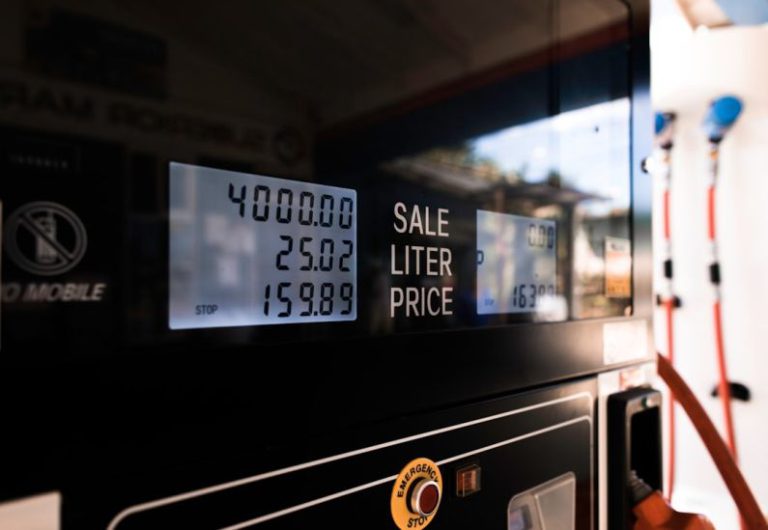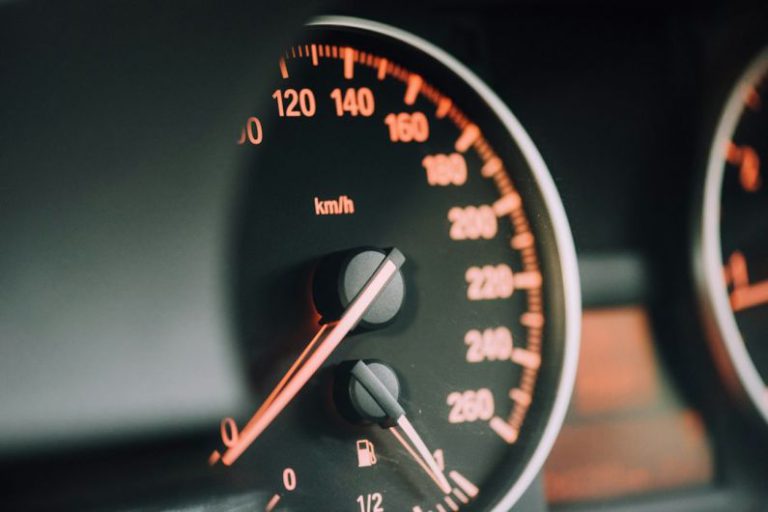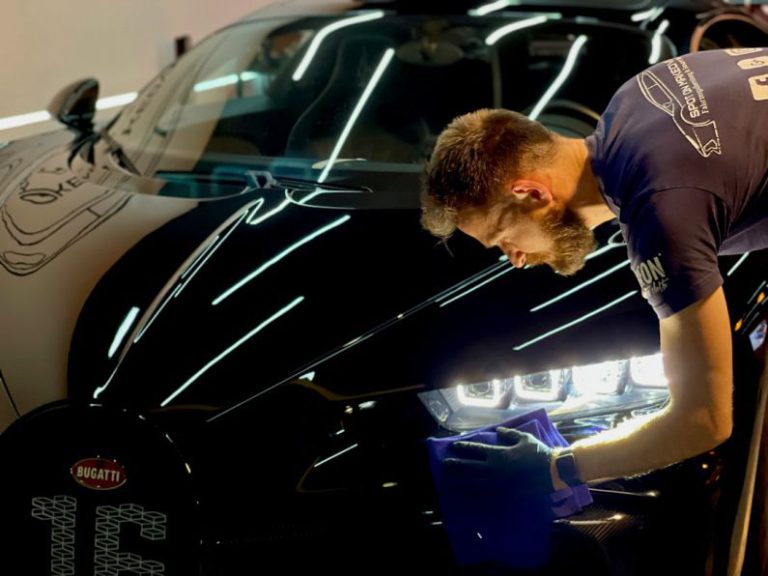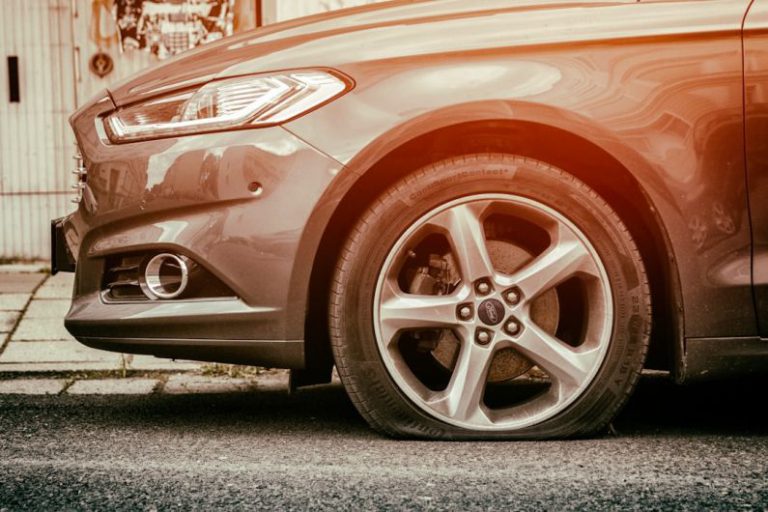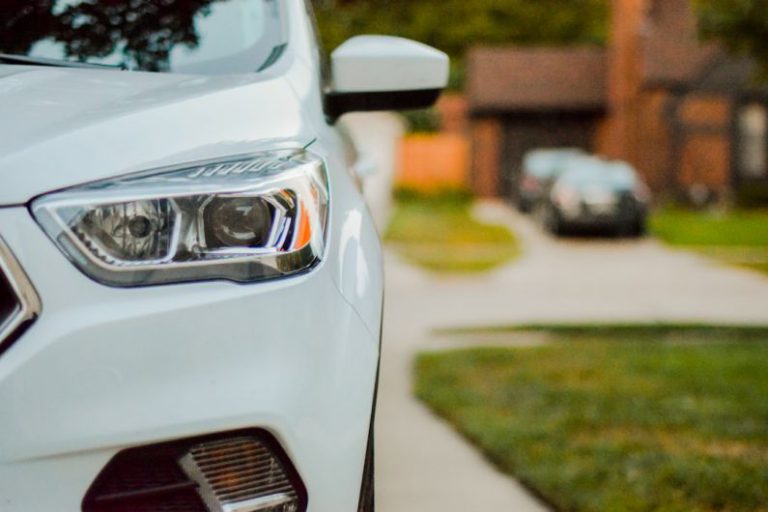What Are the Most Common Car Problems and Solutions?
Owning a car brings convenience and freedom, but it also comes with its fair share of challenges. From unexpected breakdowns to mysterious warning lights, car problems can be frustrating and costly to deal with. However, being aware of the most common car issues and their solutions can help you stay ahead of potential problems and keep your vehicle running smoothly. In this article, we will explore some of the most prevalent car problems and provide practical solutions to address them effectively.
Identifying the Check Engine Light
One of the most common issues that many car owners face is the dreaded check engine light. When this light illuminates on your dashboard, it can be a sign of various problems, ranging from a loose gas cap to more serious issues like a faulty oxygen sensor or catalytic converter. To address this problem, the first step is to use an OBD-II scanner to retrieve the trouble codes stored in your car’s computer system. Once you have the trouble codes, you can research the potential causes and decide whether it’s something you can address yourself or if it requires professional help.
Dealing with Battery Troubles
Another prevalent car problem is a dead or weak battery, especially during extreme weather conditions. If you find yourself with a car that won’t start, the first thing to check is the battery. You can test the battery’s voltage using a multimeter or jump-start the car to see if it holds a charge. If the battery is the culprit, you may need to replace it with a new one. Regularly checking and maintaining your car’s battery can help prevent unexpected breakdowns and ensure reliable starting power.
Handling Tire Pressure Issues
Maintaining proper tire pressure is essential for safe driving and fuel efficiency. Low tire pressure can lead to decreased grip on the road, reduced fuel economy, and uneven tire wear. On the other hand, overinflated tires can affect the vehicle’s handling and braking performance. To address tire pressure issues, regularly check your tire pressure with a gauge and adjust it to the manufacturer’s recommended levels. Additionally, inspect your tires for signs of wear or damage and replace them as needed to ensure optimal performance and safety.
Addressing Brake Problems
Brake issues are critical for the safety of you and your passengers while driving. Squeaking, grinding, or vibrating brakes can indicate worn brake pads, warped rotors, or other problems that need attention. It’s essential to address brake problems promptly to prevent further damage and ensure your vehicle’s stopping power. If you notice any unusual noises or sensations when braking, have your brakes inspected by a qualified mechanic and replace any worn components as necessary.
Resolving Overheating Concerns
An overheating engine is a serious issue that can lead to engine damage if not addressed promptly. Common causes of engine overheating include coolant leaks, a faulty thermostat, or a malfunctioning radiator fan. If your car’s temperature gauge rises into the red zone or you see steam coming from under the hood, pull over safely and turn off the engine. Allow the engine to cool down before checking the coolant level and inspecting for leaks. If you’re unable to identify the cause of the overheating, seek professional help to diagnose and repair the issue before driving the vehicle again.
Maintaining Fluid Levels and Changes
Regular maintenance of your car’s essential fluids is crucial for optimal performance and longevity. Engine oil, transmission fluid, coolant, brake fluid, and power steering fluid all play vital roles in keeping your vehicle running smoothly. Check these fluids regularly and top them up as needed to ensure proper lubrication and cooling. Additionally, follow the manufacturer’s recommended service intervals for fluid changes to prevent premature wear and damage to your car’s components.
Dealing with Electrical System Problems
Modern cars are equipped with complex electrical systems that control various functions, from starting the engine to operating the entertainment system. Electrical issues such as malfunctioning lights, power windows, or a dead battery can be frustrating to deal with. To troubleshoot electrical problems, check the fuses, wiring, and connections for any signs of damage or corrosion. If you’re unable to identify the cause of the problem, seek help from a qualified technician who can diagnose and repair the issue effectively.
Conclusion: Ensuring a Smooth Ride
Maintaining your car in good working condition requires regular attention to common problems and proactive maintenance. By staying aware of potential issues and addressing them promptly, you can prevent costly repairs and extend the lifespan of your vehicle. Whether it’s checking your tire pressure, monitoring fluid levels, or addressing warning lights, taking proactive steps to maintain your car will ensure a smooth and trouble-free driving experience. Remember that being proactive in addressing car problems can save you time, money, and stress in the long run.

